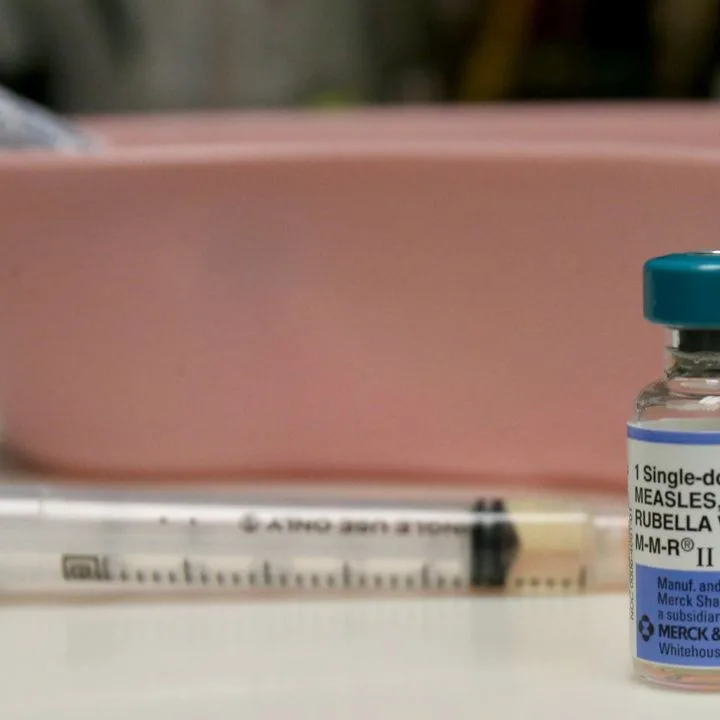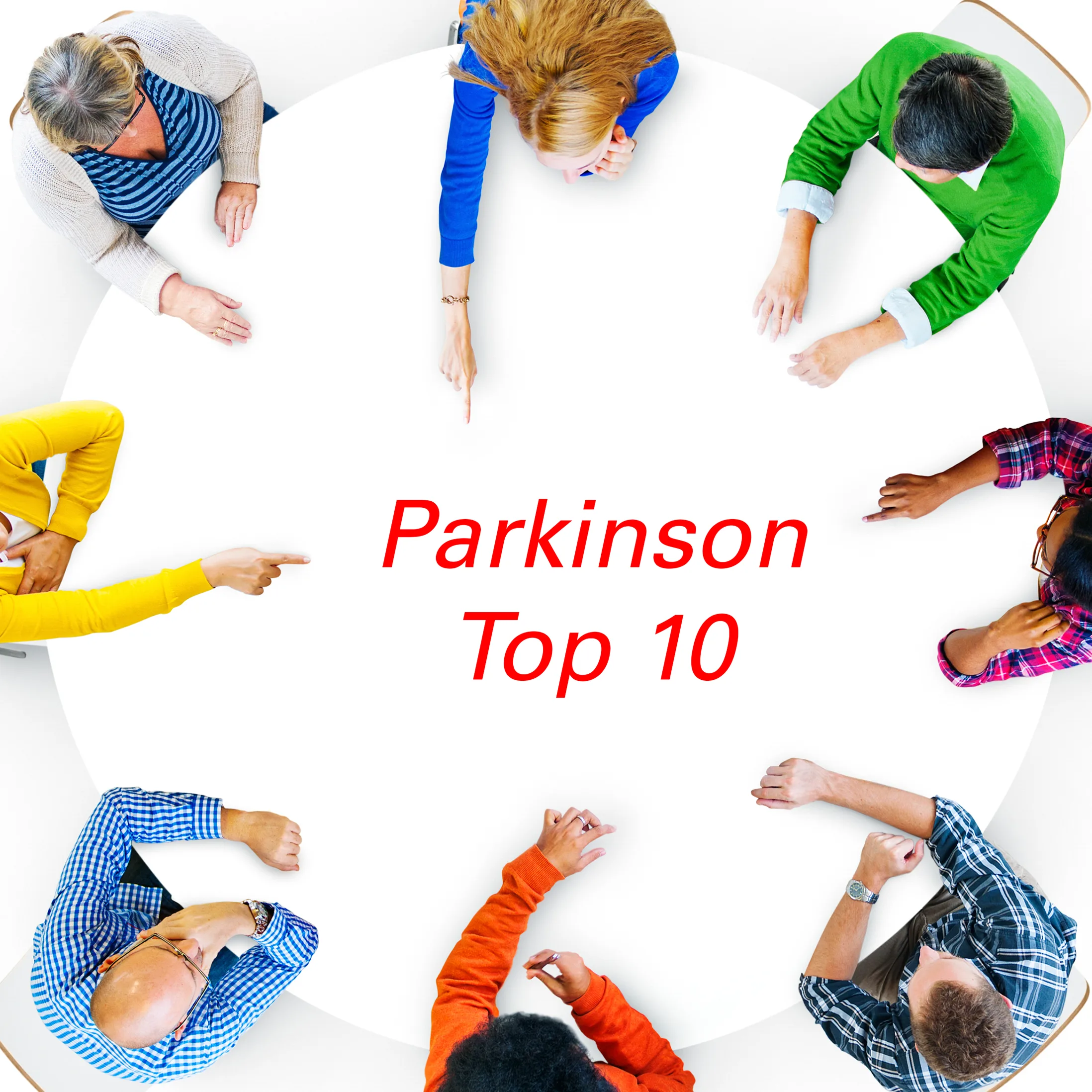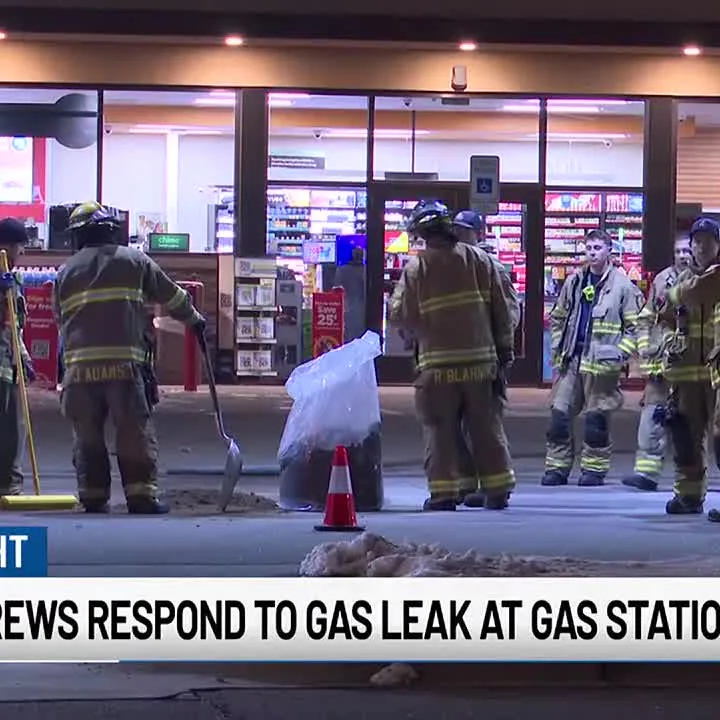A recent measles outbreak in Texas has sparked concern among health officials, particularly regarding the implications of vaccine hesitancy and the availability of nutritional support like Vitamin A in combating the disease. Since late January, Texas has recorded 37 cases of measles predominantly among unvaccinated individuals. The outbreak, which has affected children in the Fort Worth area, aligns with ongoing conversations about vaccine safety and efficacy, especially amidst misinformation linked to prominent male figures like Robert F. Kennedy Jr. (RFK Jr.), who has been vocal against vaccinations.
Health organizations stress the importance of timely vaccinations, especially for young children. An alarming statistic from health officials noted that approximately 80% of the identified cases in the outbreak were reported in individuals who were unvaccinated. The Texas Department of State Health Services (DSHS) has reported that measles spreads easily, particularly in communities with low vaccination rates, emphasizing that “measles is one of the most contagious diseases known, and can be spread through coughing or sneezing on surfaces and through the air.”
In response to the outbreak, health authorities are urging families to ensure their children receive adequate vaccination following the CDC recommendations. In these circumstances, with the outbreak prejudiced by misinformation and vaccine hesitancy, vaccines such as the measles-mumps-rubella (MMR) vaccine, are critical. The provision of Vitamin A supplementation is being discussed as a supplement to infection management, as it has been recognized to help reduce complications from measles. The CDC states, “Vitamin A is essential in supporting the immune system and may decrease the risk of severe measles complications.”
Parents are advised to be vigilant, noting that the symptoms of measles typically begin with fever, cough, and runny nose, followed by a rash that usually appears two to four days later. Experts recommend that every child receives the first dose of the MMR vaccine when they are 12 to 15 months old, followed by a second dose at 4 to 6 years.
The growing concern around vaccine misinformation has led to increased scrutiny of public figures promoting anti-vaccine rhetoric, which researchers indicate can greatly influence vaccine uptake within communities. With the issue of vaccine hesitancy being linked to various socioeconomic factors, public health officials are aggressively advocating for education to combat these misconceptions. Dr. Jennifer Sneed, a pediatric infectious disease specialist, stated, “It’s critical we address the misinformation surrounding vaccines to promote public health and safety. Everyone deserves access to accurate information about their health.”
As the outbreak continues to affect Texas, public health officials remain on high alert and are working to bridge educational gaps in vaccination awareness to prevent future incidents.














